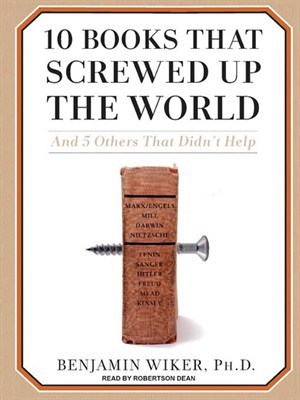What do you think?
Rate this book


Audiobook
First published January 1, 2008

"They want all the benefits of God not looking over their shoulders exacting moral demands but they also want an universe with moral structure."
"Unlike most atheists Nietzsche was brutally honest about what atheism really meant and that honesty ultimately cost him his sanity...//... No up or down. No good or evil. Just sheer human will swimming in an indifferent, if not, hostile cosmos."